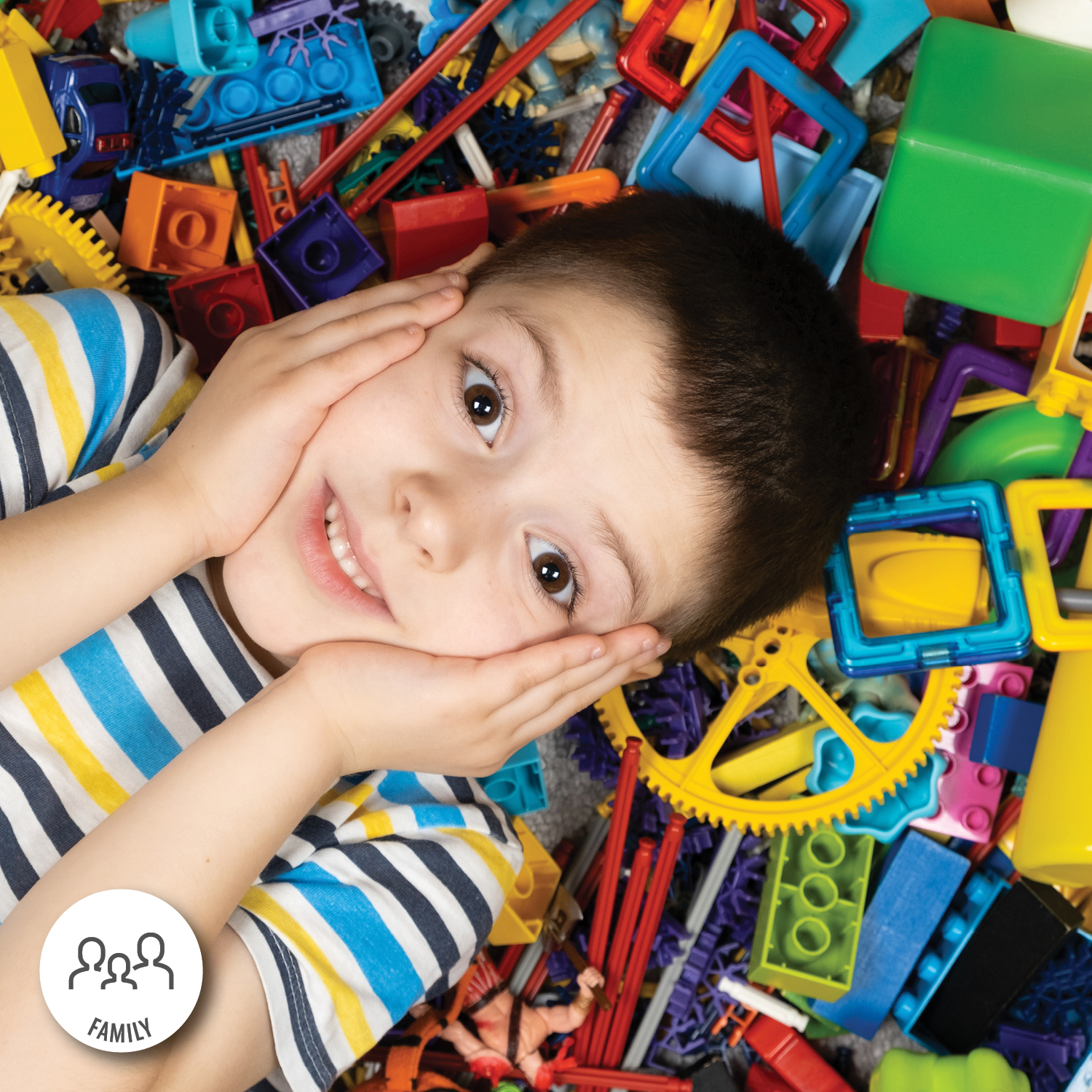Many of today’s kids are regularly showered with gifts, from holiday presents, to birthday celebrations to other milestones and more. We all want our kids to feel secure and loved, but how do we know when all of those gifts are too much? When does giving to kids start doing more harm than good?
Let’s take a look at some ways we can rein in the gift-giving and ensure it doesn’t get out of hand while doing a disservice to our children.
Set limits
In the past, children were more aware of limits. They knew how much they could wheedle out of their parents, as well as when the buck stopped and they’d be told “no.” Today, though, with cash growing increasingly obsolete and so many people charging everyday purchases to credit cards, those boundaries have become less distinct. Also, in our fast-paced and tech-obsessed world, parents are more likely to compensate for limited personal time with their kids by showering them with gifts, either as a reward for achievements or for good behavior.
It’s important to remember that limits only serve to help kids grow into responsible, well-adjusted adults. Kids crave limits, though they may not know it. Setting boundaries into place helps kids learn that they can’t always have exactly what they want – and that’s just fine.
Don’t reward (every) responsibility
Too often, parents fall into the trap of rewarding children for fulfilling their everyday chores and responsibilities. For example, they may give a child a treat or money for doing their homework every night. While this can effectively motivate a child to do their work, it can also give the wrong message that everyday responsibilities do not have to be met if they are not rewarded. And while this may work in childhood, when the kid grows up and expects compensation for making their bed or waking up on time, undoing the learned behavior can be challenging.
Find alternate rewards
Alternative methods of rewarding children exist, such as granting special privileges like staying up a bit later, enjoying a special outing with Mom or Dad or even putting in a request for their favorite dinner.
Buying toys for kids is not inherently wrong, but it’s worth considering whether we are unintentionally imparting life or financial lessons that may prove regrettable in the future.
Communicate with relatives
Sometimes, the overgiving to kids happens through well-meaning relatives. If Grandma or the kids’ Uncle Jack can’t stop showering your kids with expensive gifts and toys, don’t be afraid to approach them to share your concerns. Let them know you’d prefer if they limited the gift-giving to special occasions, such as holidays and birthdays. You can also choose to let them know that smaller treats can be given more often, as long as it doesn’t get out of hand.
Buying toys and gifts for kids is always fun, but it’s important to set limits and help them learn that there is more to life than material possessions. Use this guide to learn how to set limits on gift-giving for kids.
